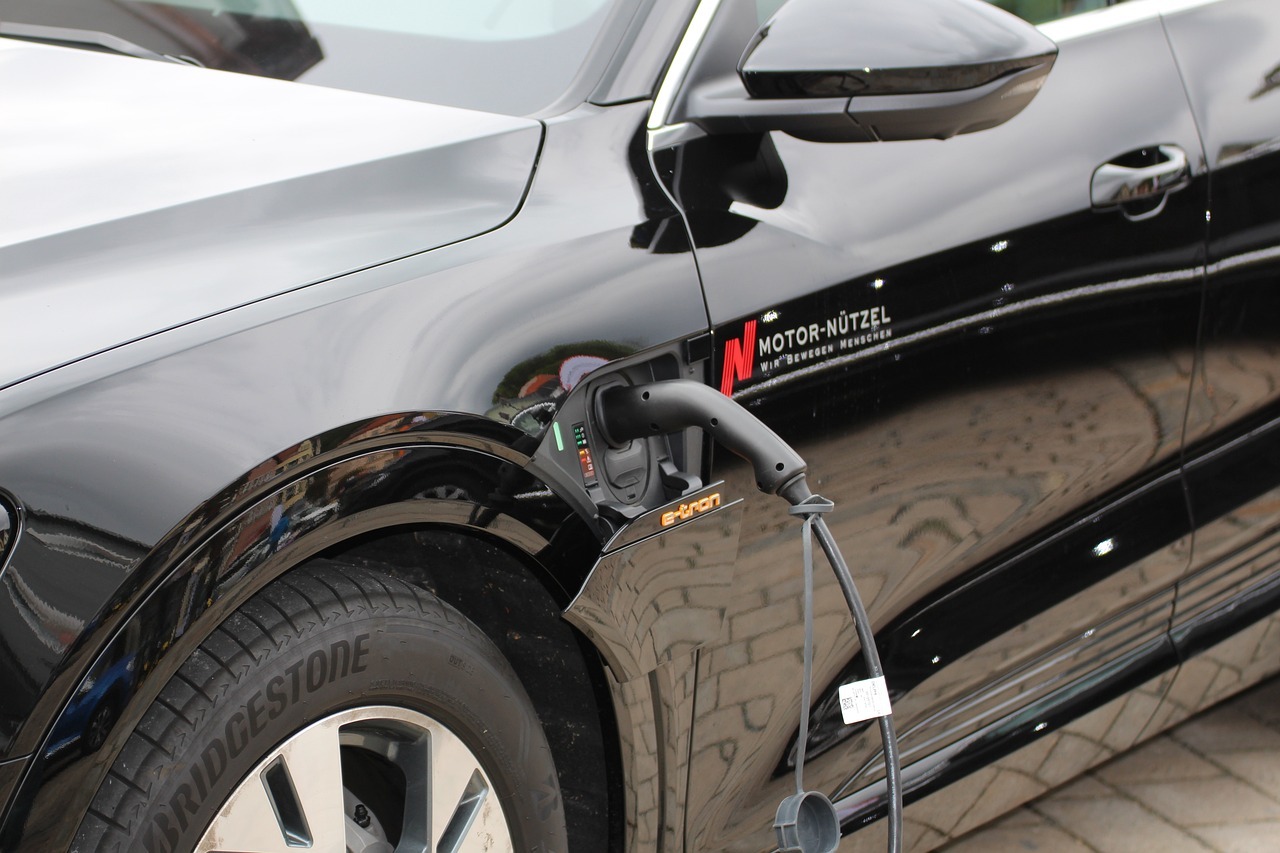Brussels, 21 December 2023
Today the Council approved a proposal to give manufacturers of electric vehicles in the EU and the UK more time to comply with the local content requirements for electric vehicles and batteries under the EU-UK Trade and Cooperation Agreement.
It adopted a decision which will allow the EU to agree with the UK on the extension of the current rules of origin for electric vehicles and batteries until 31 December 2026. This will prevent the entry into force of more stringent rules from 1 January 2024 and the application of a 10% tariff on goods traded between the EU and the UK which do not meet those requirements.
The industry is expected to be able to adapt to the higher local content requirements by 2027 by expanding battery production for electric vehicles in this period. Support in the order of €3 billion will be provided for this purpose under the Innovation Fund.
The extension of the current rules of origin is complemented by a lock-in mechanism, which ensures that the full regime for local content requirements under the Trade and Cooperation Agreement will apply as from 2027, as set out in that agreement. Consequently, no changes will be possible before 2032.
Next steps
The extension of the current rules is due to be decided by the EU-UK Partnership Council, which has been set up under the EU-UK Trade and Cooperation Agreement, before the end of the year.
Background
Under the EU-UK Trade and Cooperation Agreement, only those electric vehicles that comply with the rules of origin, which define the required local content for electric vehicles and their batteries, can benefit from tariff-free trade. The agreement provides for a two-stage phasing in of the local content requirements, with the second stage starting on 1 January 2024 and the full regime on 1 January 2027. The rules were designed to incentivise investment in a battery manufacturing capacity in the EU and in the UK.
The extension of the current rules was proposed by the Commission on 6 December 2023. It was understood that the battery industry could not get off the ground as fast as expected against the background of Russia’s war of aggression against Ukraine, COVID-19’s impact on supply chains and the competition from new international subsidy support schemes, which made it more difficult for electric vehicle manufacturers to comply with the rules of origin under the Trade and Cooperation Agreement.
In order to further support the development of the battery market in the EU, on 6 December 2023 the Commission also announced the creation of a dedicated instrument under the Innovation Fund, which will provide up to €3 billion of additional funding to boost the EU’s battery manufacturing industry.
- European Commission press release, 6 December 2023
- EU relations with the United Kingdom (background information)
Source – EU Council
Rules of origin: EU and UK sign off deal providing much-needed certainty for EU electric vehicle manufacturing
Brussels, 21 December 2023
The EU and UK have today signed off on extending current battery and electric vehicle (EV) rules of origin under the Trade and Cooperation Agreement (TCA). European manufacturers welcome this solution, which will help support the competitiveness of Europe’s burgeoning electric vehicle manufacturing industry.
“The long-awaited deal to extend rules of origin by three years provides much-needed certainty to Europe’s growing electric vehicle battery supply chain. Instead of penalising green industries, today’s decision is recognition that it takes time to build up emerging value chains,” noted Sigrid de Vries, ACEA Director General. “It is also a strong signal that the EU is willing to uphold the competitiveness of its critical industries – the deal has potentially avoided a hefty €4.3 billion in tariff costs and saved some 480,000 units of electric vehicle (EV) production.”
Today’s decision comes as a report published last week indicates the massive challenges for Europe’s EV manufacturing sector. Backed up by comprehensive strategies to boost domestic supply chains and homegrown EV industries, the report notes that the EU is at risk of losing ground to Chinese and US competitors. “Unlike China and the US, the EU lacks a robust industrial strategy to boost electric vehicle manufacturing,” added de Vries. While we applaud today’s hard-fought decision, we must build on this positive collaboration to solve the immense challenge of building a mature EV battery supply chain in Europe.”
De Vries: “Vehicle manufacturers want to lead Europe’s green transition and build the future of EV manufacturing in Europe – for the benefit of all Europeans. Building on today’s constructive decision from law makers, the focus should turn to framing a holistic EU industrial strategy for the entire green value chain, from R&D, mining, refining and manufacturing; to charging networks, energy supply, purchase incentives, and recycling.”
Source – ACEA – Email

